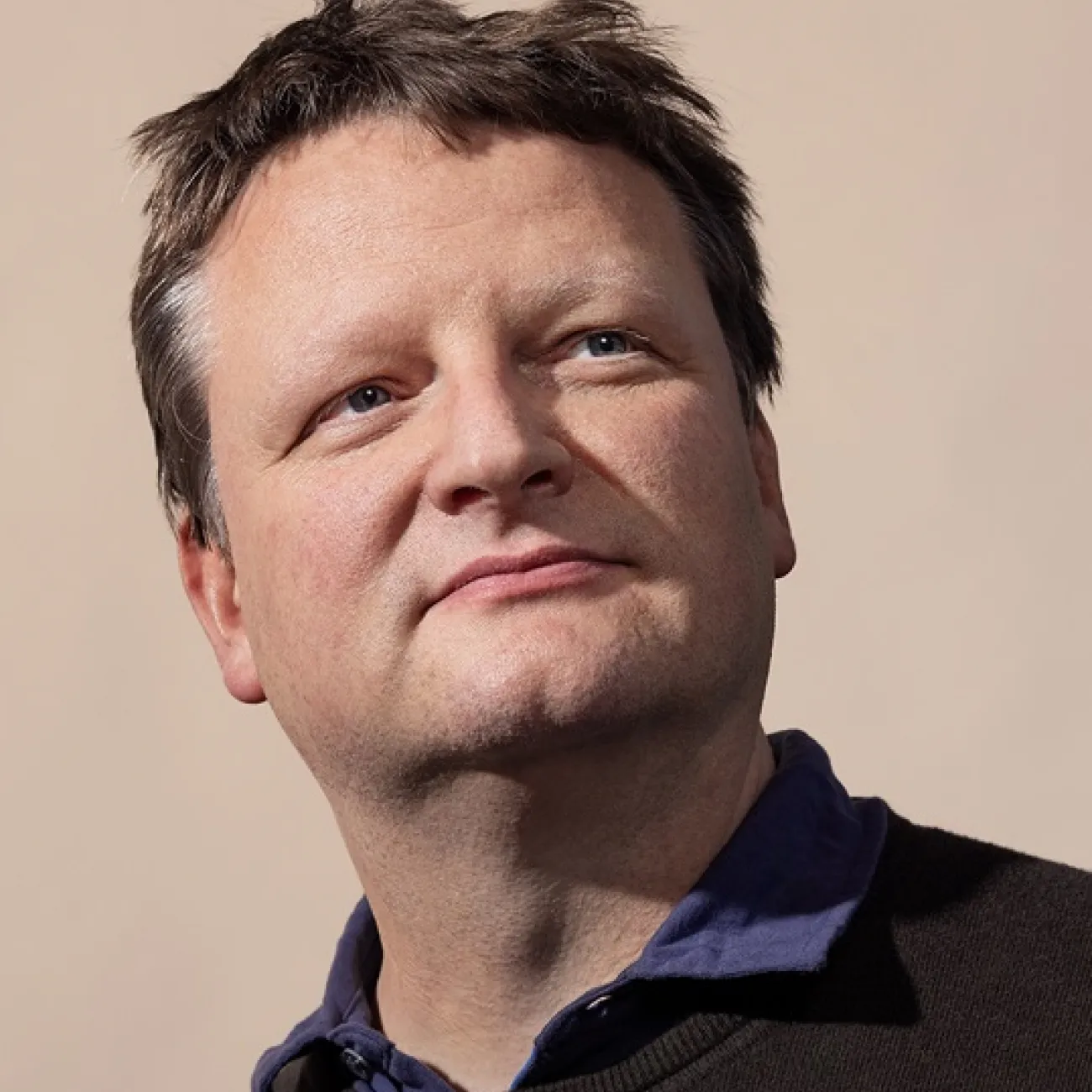About
The Quantum Nanophysics and Matter Wave Group are an experimental physics research group located at the University of Southampton in the United Kingdom. Our work is devoted to the foundations of physics and to provide empirical evidence to explore new physics by using non-classical properties such as superposition and entanglement of massive particles at mesoscopic and possibly even macroscopic scales. Our expertise is in matter-wave interferometry experiments with large molecules and nanoparticles, optical trapping and cooling techniques for nanoparticles in vacuum, e.g. by parametric feedback as well as magnetic trapping. Such experiments hold promise to test possible limitations of quantum theory such as predicted by collapse models, gravity induced collapse of the wavefunction, and eventually the interplay between quantum theory and relativity.
Research
Research groups
Research interests
- Hendrik's main research interests concern experimental tests of fundamental theories of Nature by table-top experiments but also in space. Some tests are concerned with the large mass limit of the quantum superposition principle, which forms the basis of quantum mechanics. Other experiments are concerned with testing the interplay between quantum mechanics and gravitation in the low energy limit.
- The Ulbricht group performs quantum experimental research on the preparation and analysis of massive systems in non-classical states by various techniques. They pioneer so-called levitated opto- and magneto-mechanics experiments, where light and magnetic fields are used to both trap and control nano- and micro-particles in vacuum. Please see the Ulbricht group webpages for more details.
Current research
Professor Ulbricht’s current research is Interferometric and Non-Interferometric tests of Quantum Mechanics where the goal is the experimental test of quantum superpositions and the interplay between quantum mechanics and relativity in the macroscopic domain where composite particles contain one million atoms or more; Quantum Technology for Fundamental Physics using Meissner levitation to trap ferromagnetic microparticles at low temperatures and in vacuum. The goal is to use the rotational and translational motion of the ferromagnets to measure tiny forces and fields interacting with the particle; Nanoparticle Trapping, Cooling and Interferometry the goal is the experimental test of quantum theory and eventually also gravity in the context of quantum mechanics by studying nanoparticle motions. This effort ultimately aims to generate spatial quantum superposition states of such nanoparticles, which is directly testing quantum mechanics in the macroscopic domain.
Research projects
Active projects
Completed projects
Publications
Pagination
Biography
Hendrik is Professor of Physics. He obtained his undergraduate degree in physics (Dipl.-Phys.) from the Technical University at Berlin (Germany) and the Albert Einstein Institute (Max Planck Institute for Gravitational Physics, Golm) in 2000 with a theoretical work on Black Hole Thermodynamics. He graduated with a PhD (Dr. rer. nat.) from the Free University of Berlin and the Fritz Haber Institute of the Max Planck Society (Germany) in 2003 with a work on experimental surface science in the group of Nobel Laureate Gerhard Ertl (NP in Chemistry 2007). After a postdoc position at Vanderbilt University in Nashville, US on a Max Kade fellowship and as senior postdoc and Assistant Professor at the University of Vienna (Austria), he joined the Department of Physics & Astronomy in 2008 as a Reader and was promoted a personal chair in 2014. He leads the Quantum Nanophysics and Matterwave Interferometry research group.
